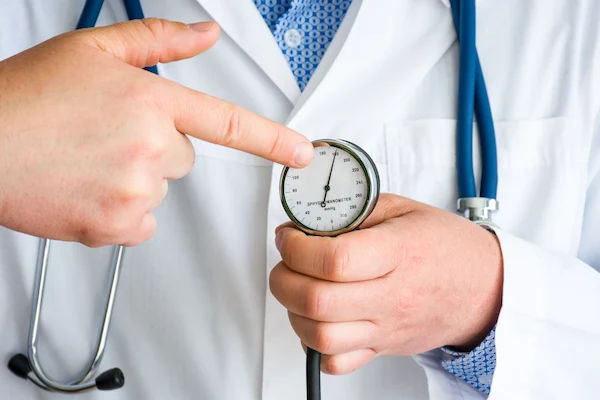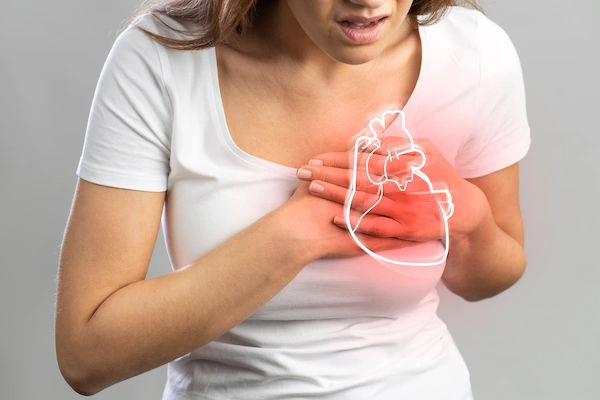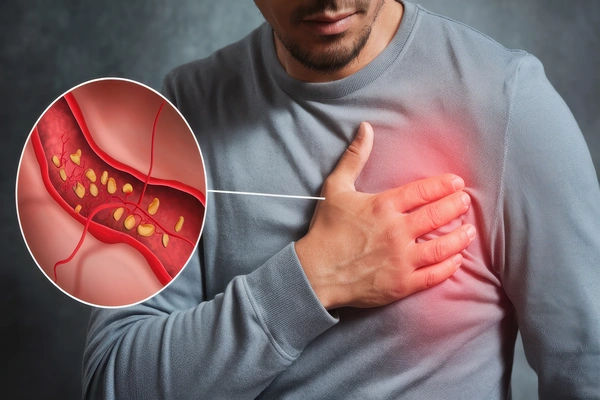- male
- 24 Years
- 22/01/2025
I'm a 24-year-old guy and I've been told I'm obese, with a BMI of 33.4. I had an echocardiogram done about six months ago, and fortunately, everything looked normal. I'm really trying to keep an eye on my heart health, so I'm curioushow often should I be getting an echocardiogram to make sure everything stays okay?
More Cardiology Health Queries
View allI've been diagnosed with an incomplete right bundle branch block in my ECG report. Is this something I should be worried about? Is it a heart disorder or a serious issue? What steps should I take next?
Incomplete right bundle branch block is a condition where the electrical impulses in the heart are delayed as they pass through the right bundle branch. It is usually not a serious problem on its own, but it can sometimes indicate underlying heart conditions. It is important to follow up with your healthcare provider for further evaluation to determine the underlying cause and appropriate management. In most cases, no specific treatment is needed for incomplete right bundle branch block.
Answered by 1 Apollo Doctors
I've been taking cardace 2.5 mg after consulting with Dr. Anand Chopda on August 17th. I've been monitoring my readings every morning before taking the tablet, and they are as follows: Aug 19 - 11277, Aug 20 - 11888, Aug 21 - 11883, Aug 22 - 13385, Aug 23 - 13195, Aug 24 - 12693, Aug 25 - 11773. Should I keep taking the cardace at this dosage, or is there a need for adjustment? I'm a bit concerned about these numbers. Any advice on this?
Based on the readings you have provided, it seems like your blood pressure has been fluctuating. However, it is important to note that a single reading may not provide a complete picture. Since you have been advised to take Cardace 2.5 mg by Dr. Anand Chopda, it is important to continue the medication as prescribed. The dosage of Cardace 2.5 mg is usually once daily. It is important to take the medication at the same time each day for best results. Additionally, it is recommended to monitor your blood pressure regularly and keep a record of the readings to share with your doctor during follow-up consultations. If you experience any unusual symptoms or have concerns about your blood pressure readings, please consult
Answered by 1 Apollo Doctors
I'm dealing with this dull aching pain under my left breast, near my armpit, and it's been there for about two years now. It feels a bit better if I press on it, but it's still really painful. I was put on anxiety meds, but they haven't helped at all. What could be causing this pain and is there anything else I could try?
Ecg is recommended along with serum electrolytes..A physician and ortho opinion is advised to the patient..
Answered by 1 Apollo Doctors
Disclaimer: Answers on Apollo 247 are not intended to replace your doctor advice. Always seek help of a professional doctor in case of an medical emergency or ailment.





